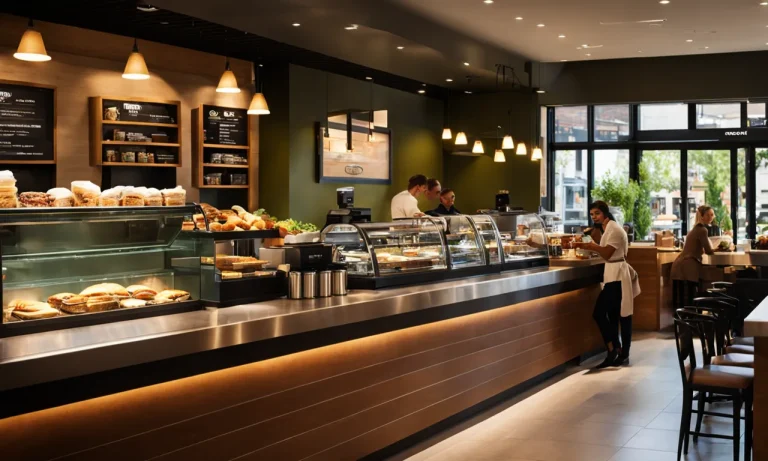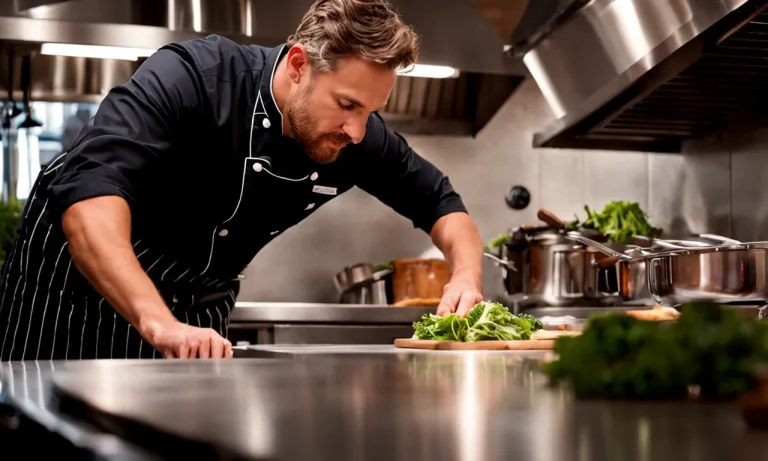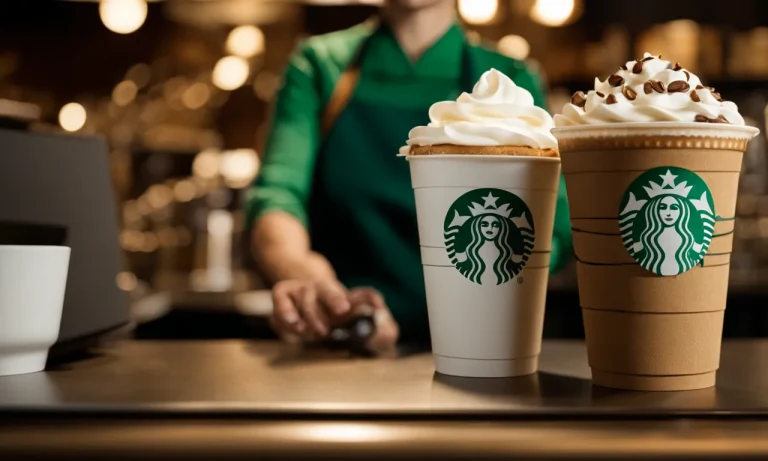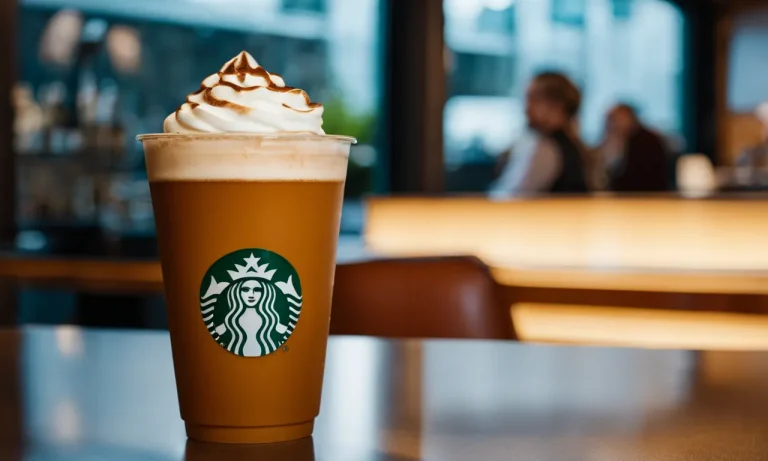Driving after drinking alcohol, even just one drink, is never a good idea. While you may feel fine and capable of driving, studies show that alcohol impairs driving ability even at low levels. This article will examine in detail how alcohol affects driving, the risks of driving after just one drink, and tips to avoid driving drunk.
If you’re short on time, here’s a quick answer to your question: It is not recommended to drive after having even one alcoholic drink at a restaurant. Alcohol impacts driving ability and increases crash risk starting with the first drink.
How Alcohol Affects Driving Ability
Alcohol consumption can have a significant impact on a person’s ability to drive safely. Even a single drink can impair judgement, coordination, and reaction time, increasing the risk of accidents on the road.
Understanding how alcohol affects driving ability is crucial for making responsible decisions and ensuring the safety of oneself and others.
Slowed Reaction Time and Impaired Coordination
One of the primary ways alcohol affects driving ability is by slowing down reaction time and impairing coordination. Alcohol acts as a depressant on the central nervous system, affecting the brain’s ability to send and receive messages quickly.
This can result in delayed responses to unexpected situations on the road, making it difficult to avoid collisions or adjust to changes in traffic conditions. Impaired coordination can also affect a driver’s ability to maintain control of the vehicle, increasing the risk of swerving or veering off the road.
Reduced Ability to Multitask
Driving requires the ability to multitask, such as scanning the road, checking mirrors, and maintaining proper speed and distance from other vehicles. Alcohol impairs this ability, making it more challenging for drivers to divide their attention effectively.
This can lead to missed traffic signs, failure to notice pedestrians or cyclists, and an overall decrease in situational awareness. Even a small amount of alcohol can hinder a driver’s ability to juggle these tasks, increasing the likelihood of accidents.
Impaired Judgement and Increased Risk Taking
Alcohol also impairs judgement, leading to poor decision-making while driving. Those under the influence of alcohol may underestimate the risks involved or overestimate their own abilities, leading to reckless behavior on the road.
This can include speeding, tailgating, running red lights, or attempting dangerous maneuvers. Impaired judgement can also affect a driver’s ability to assess their level of intoxication accurately, leading to the misconception that they are still capable of driving safely.
According to the National Highway Traffic Safety Administration (NHTSA), alcohol-impaired driving accounted for 28% of all traffic-related fatalities in the United States in 2019. This statistic highlights the serious consequences of driving under the influence and emphasizes the importance of avoiding alcohol before getting behind the wheel.
It is essential to remember that everyone reacts differently to alcohol, and even small amounts can impair driving ability. The only foolproof way to ensure safety on the road is to refrain from drinking if you plan to drive.
If you are going to a restaurant or any other establishment where alcohol is served, it is always wise to have a designated driver or use alternative transportation options such as ride-sharing services or public transportation.
For more information on the effects of alcohol on driving ability, you can visit the National Highway Traffic Safety Administration (NHTSA) website.
Crash Risk After One Drink
When it comes to driving after consuming alcohol, even a single drink can have a significant impact on a person’s ability to operate a vehicle safely. While it may be tempting to believe that having just one drink at a restaurant won’t impair your driving skills, the reality is that any amount of alcohol can impair your judgment, coordination, and reaction time.
This can increase the risk of being involved in a car accident.
Statistics on Crash Risk
According to the National Highway Traffic Safety Administration (NHTSA), alcohol-impaired driving remains a major cause of road accidents. In fact, in 2018, alcohol-related crashes accounted for approximately 29% of all traffic fatalities in the United States.
Even a blood alcohol concentration (BAC) as low as 0.02% can affect a driver’s ability to safely operate a vehicle. It’s important to note that impairment can vary from person to person, so it’s always best to err on the side of caution and avoid driving after consuming any amount of alcohol.
Factors That Impact Intoxication Levels
Several factors can affect how alcohol affects an individual’s body and level of intoxication. These factors include weight, metabolism, gender, tolerance, and the rate at which alcohol is consumed. Additionally, the type of alcoholic beverage consumed can impact intoxication levels, as different drinks contain varying amounts of alcohol.
It’s also worth noting that even if someone feels “fine” after having one drink, their BAC may still be above the legal limit, depending on their weight and other individual factors.
Why Any Amount of Alcohol Impairs Driving
Alcohol affects the central nervous system, leading to a range of impairments that can hinder a driver’s ability to operate a vehicle safely. Even with just one drink, alcohol can impair judgment, reduce coordination, slow reaction times, and impair vision and hearing.
These impairments can increase the risk of making poor decisions, losing control of the vehicle, or being unable to react quickly to unexpected situations on the road. It’s crucial to prioritize safety and make alternative transportation arrangements if you plan on consuming any amount of alcohol.
Remember, the best way to ensure your safety and the safety of others on the road is to abstain from drinking alcohol if you plan on driving. If you do choose to consume alcohol, make responsible decisions and use alternative transportation options such as designated drivers, rideshare services, or public transportation.
Your actions can save lives and prevent unnecessary accidents.
Tips to Avoid Driving After Drinking
Plan Ahead and Have Alternate Transportation
One of the best ways to ensure you don’t drive after drinking is to plan ahead and have alternate transportation options. This could include arranging for a designated driver, using rideshare services like Uber or Lyft, or taking public transportation.
By having a plan in place before you start drinking, you can avoid the temptation to get behind the wheel.
Know Your Limits and Don’t Underestimate Alcohol’s Effects
It’s important to know your limits when it comes to alcohol consumption. Even one drink can impair your ability to drive safely, so it’s crucial not to underestimate the effects of alcohol. Keep in mind that alcohol affects everyone differently, so what might be a small amount for one person could have a greater impact on another.
Be honest with yourself about how alcohol affects you and make responsible choices accordingly.
Ask Others to Support Your Decision Not to Drive
It can be helpful to ask friends, family, or even restaurant staff to support your decision not to drive after drinking. By letting others know your intentions, they can help hold you accountable and provide encouragement.
Additionally, having someone to talk to about your decision can help alleviate any potential pressure or temptation to drive when you shouldn’t.
Remember, it’s always better to be safe than sorry when it comes to drinking and driving. The consequences of driving under the influence can be severe, not only for yourself but for others on the road as well.
By following these tips and making responsible choices, you can enjoy a night out without compromising your safety or the safety of others.
Conclusion
While driving after one drink at a restaurant may seem harmless, studies clearly show that alcohol impacts driving ability and increases crash risk starting with the very first drink. Don’t underestimate the effects of alcohol.
If you’ve had any amount to drink, avoid driving — call a taxi, use a rideshare app, take public transportation, or arrange for a sober designated driver. Being proactive and planning ahead can help ensure you don’t make the mistake of driving while impaired.






